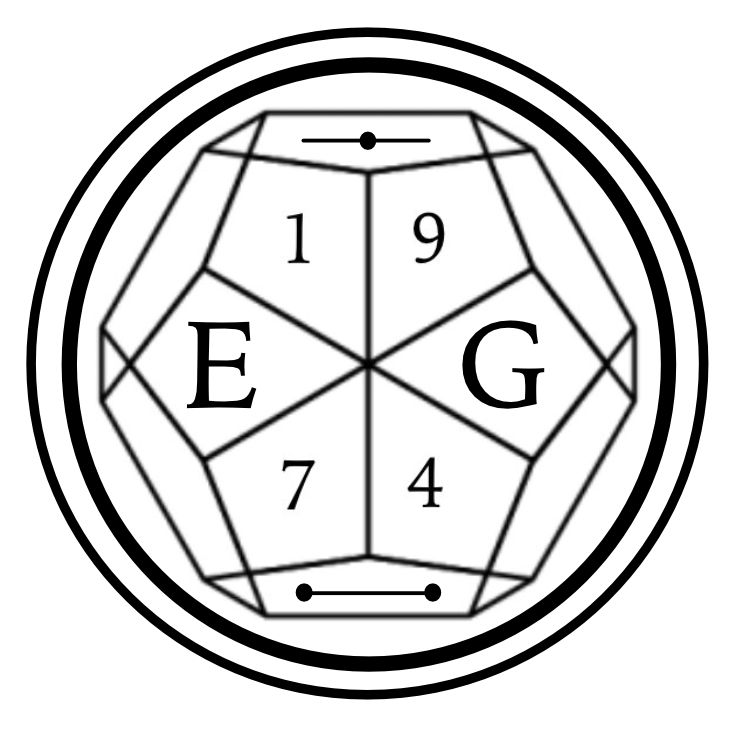Science is what is, which requires nor benefits from belief. Adding a belief layer is interpreting, exploitable, and leads to believing untrue things as true (Science).
Reduced Logical Form: I believe what is (true) = Oxymoron
Oxymoron: A rhetorical figure in which incongruous or contradictory terms are combined
Explainer: It is impossible to believe what is true.
—Highly Related—
Question: 1 - Is it true or false?
Hint: Is/must/can the number/digit/integer 1 (one) be boolean in [all] cases? What are the conditions in which 1 is false?
Test from OCaml:
if 1 then true else false;;
Theorem Pseudocode: if (1 = true) && (2 = 1 + 1) && (2 = true && true) then [true +& true +& …] = true else nothing else matters
Note my recursive application to all other numbers/physics and inference that if 1 is not true, nothing is true
Postulation: All positive integers are true


I don’t really know what this post is on about, but science is not truth. It’s a system of prediction. The closest you can get to “truth” would be observation and data. Science is the process of interpreting these facts to better understand what things will look like in the future. It is obvious that science is not ‘true’, because by its nature it requires change over time as our models of the world improve.
Let me also affirm in this way, maybe this will help. What does the Scientific Method produce? It’s produces evidence/conclusions and theories. Moreso, it produces what we know as Science.
Another perspective. If Science does not produce truth? What is it good for? What does then produce Truth we can participate in and acknowledge?
If you want, you can view science as a system of organization. A way of making sense of facts. If I give you a file of seemingly random ones and zeroes, it is useless. If I give you an algorithm to decode those ones and zeroes into a message, that has utility. However, somebody else could produce an algorithm to decode those same ones and zeroes into an entirely different message. So, which algorithm is correct? Neither.
But say I give you another file, and Algorithm B doesn’t produce anything useful for this message, so now Algorithm A is more useful. But I also provide a new Algorithm C which also finds messages in both files. Now which is more correct, A or C? And on and on. We continue to refine our models of the data, and we hope that those models will have predictive utility until proven otherwise, but it is always possible (in fact, almost guaranteed) that there is a model of the universe that is more accurate than the one we have.
Consider the utility of a map. A map is an obviously useful thing, but it is also incomplete. A perfect map, a “true” map, would perfectly reproduce every single minute detail of the thing it is mapping. But to do so, it would need to be built at the same scale as the thing it is mapping, which would be far too cumbersome to actually use as, you know, a map. So, we abstract details to identify patterns to maximize utility. Science, likewise, is a tool of prediction, which is useful, but is also not true, because our model of the universe can never be complete.
I can appreciate this perspective, but what you’re referring to is the Scientific Method. Science is the field of the sum of all knowledge, Science as it is used, “settled”, meaned, thought, correctly, by most is, “what is”.
Yet another.
“A new scientific truth does not triumph by convincing its opponents and making them see the light, but rather because its opponents eventually die, and a new generation grows up that is familiar with it.”
― Max Planck, Scientific Autobiography and Other Papers